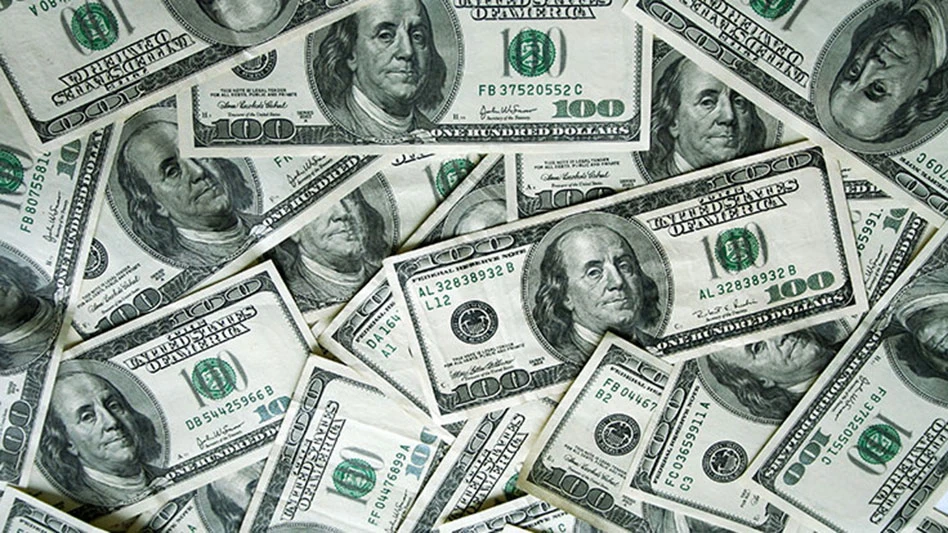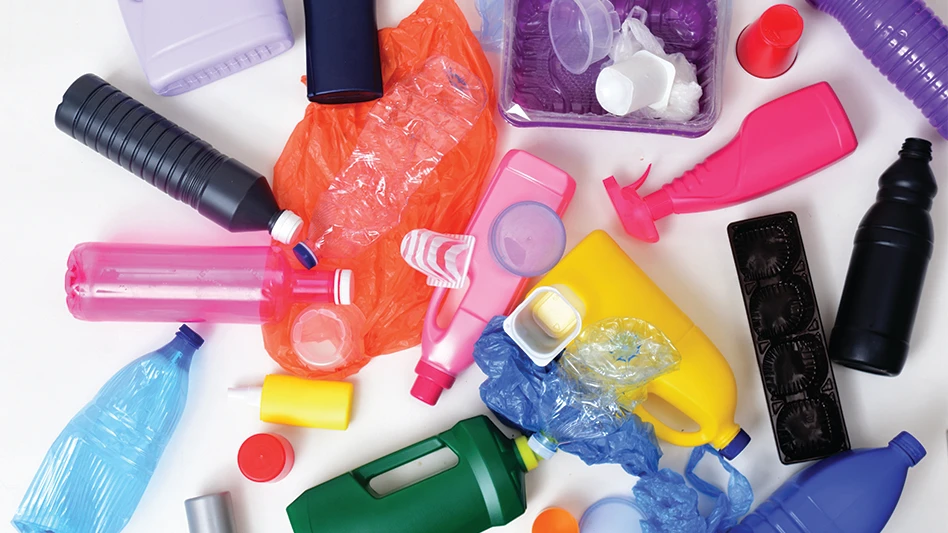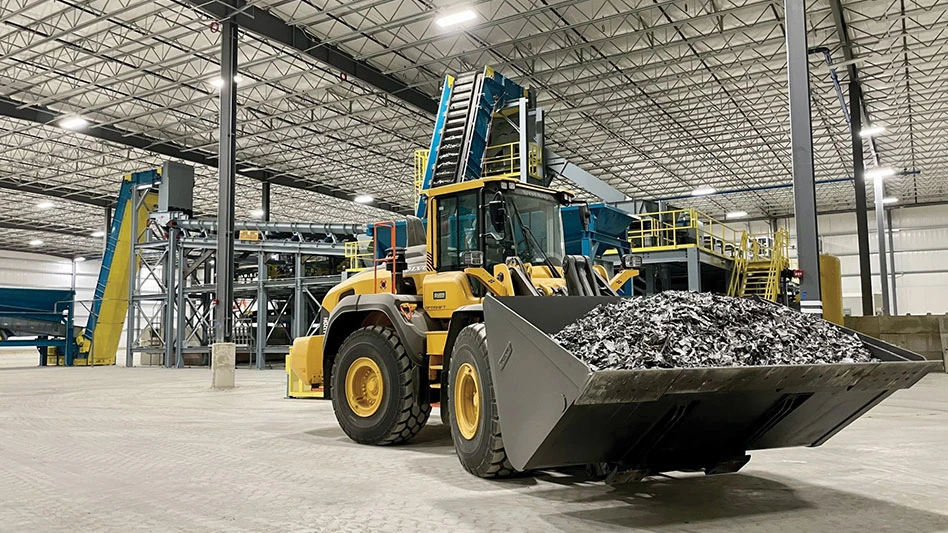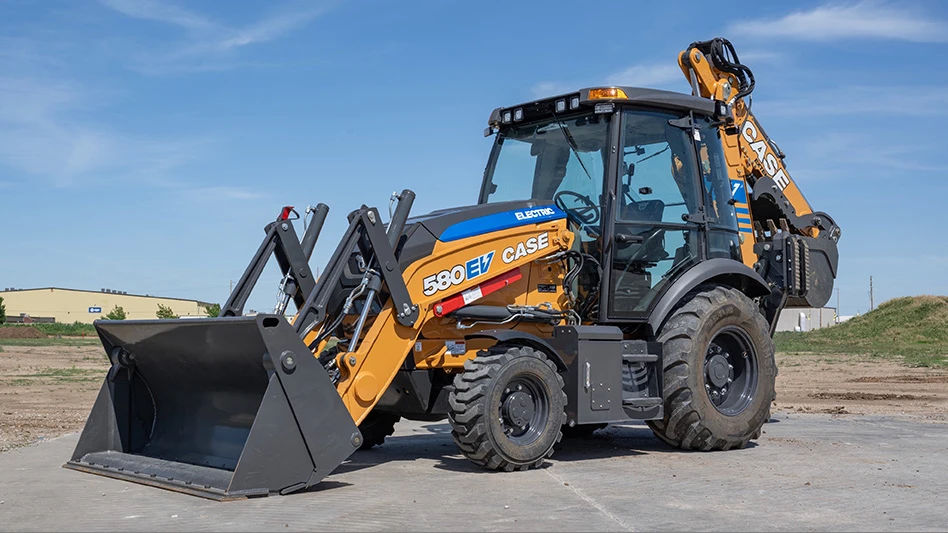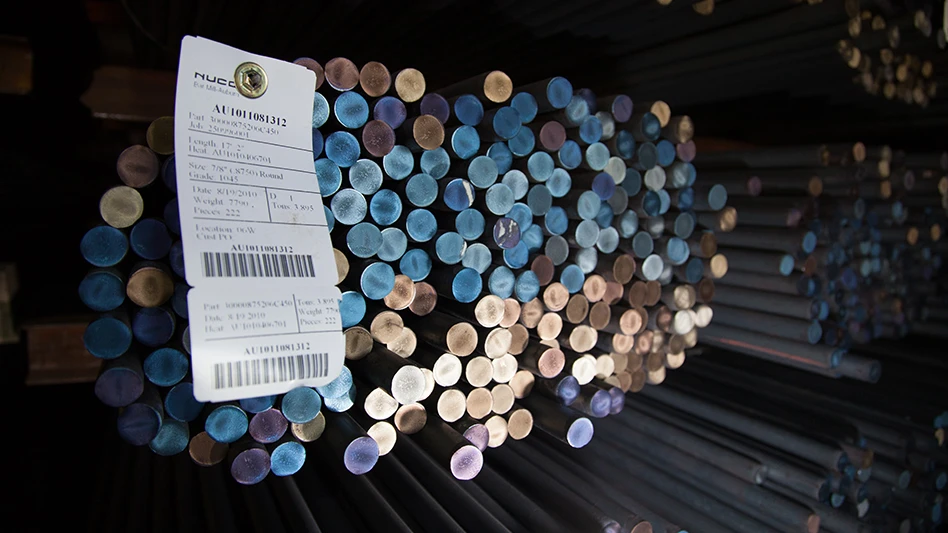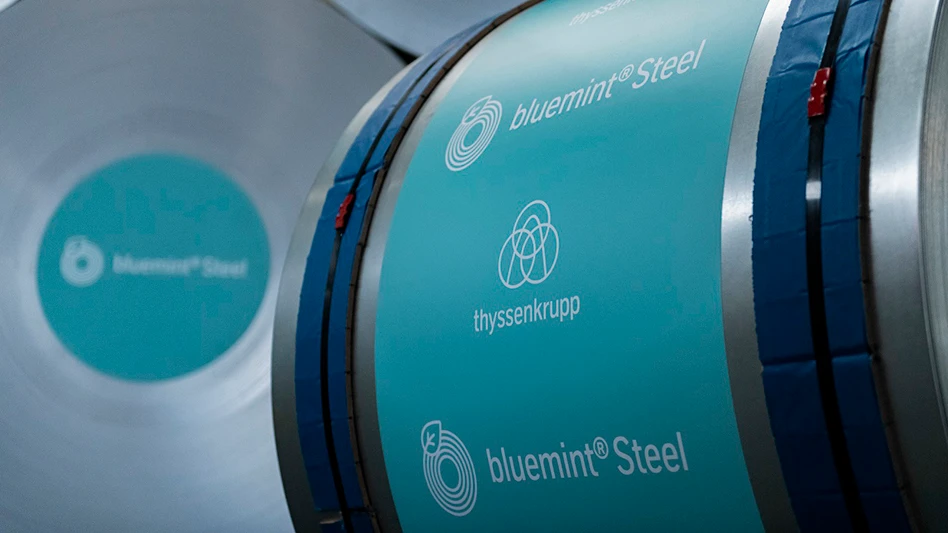
Photo courtesy of Thyssenkrupp Steel
Germany-based Thyssenkrupp Steel and automaker Mercedes-Benz signed a memorandum of understanding (MoU) in April in which they agreed to expand their existing supply arrangement to include reduced CO2 emissions-made steel.
Key to the arrangement, according to Thyssenkrupp Steel, is a new direct-reduced iron (DRI) plant at Thyssenkrupp’s Duisburg, Germany, steel mill complex. The plant, known by Thyssenkrupp as its DR-Plant, began operations in April.
Not mentioned in the news release announcing the MoU is ferrous scrap recycling. Thyssenkrupp sold its scrap processing operations, now known as TSR Recycling, to the Germany-based Remondis Group in 2011.
“The new DR-Plant is a central component of Thyssenkrupp's green transformation, and will be operated in conjunction with melting units and using green hydrogen," Thyssenkrupp Steel says.
“Compared to the conventional blast furnace process, CO2 emissions from steelmaking that are a feature of production can be significantly reduced by this innovative technology while maintaining product quality—which also significantly reduces the carbon footprint of products with a high steel content, for example in the automotive industry.”
“Under the agreement we have now reached, the CO2-reduced steels from Thyssenkrupp Steel used by Mercedes-Benz will come from the new DR-Plant production route from 2026 onwards and can be supplied over the entire life cycle of the corresponding series,” adds Heike Denecke-Arnold, chief operating officer of Thyssenkrupp Steel.
The Duisburg DRI plant has a capacity of 2.5 million tons annually and can be seamlessly integrated into the existing steel mill thanks to its innovative concept, Thyssenkrupp says.
Also in June, Mercedes-Benz announced a future supply agreement with Sweden-based H2 Green Steel for approximately 50,000 tons per year of what the two companies call “green steel.” The Swedish company says its mill, set to open in 2025, will use hydrogen instead of coking coal via its technology.
Latest from Recycling Today
- Indiana county awarded $65K recycling grant
- Mixed paper, OCC prices end year on downward trend
- Updated: CAA submits final draft program plan in Oregon
- Enviri names new president of Harsco Environmental business
- Survey outlines ‘monumental challenge’ of plastic packaging collection in UK
- Nippon Steel acknowledges delay in US Steel acquisition attempt
- BASF collaborates to study mechanical plastic recycling
- Commentary: navigating shipping regulations for end-of-life and damaged batteries
